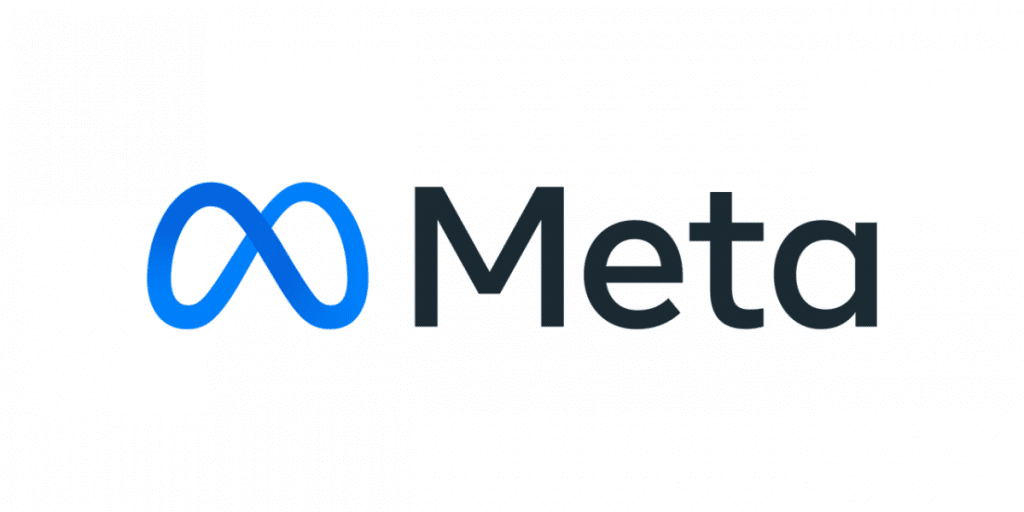- Novi, the digital currency wallet from Meta (formerly Facebook), is now conducting the pilot program for its new remittance service in the US.
- Owing to its association with Meta, and cryptocurrencies, the digital wallet has received great opposition from policymakers worldwide.
Meta’s Novi Wallet has advanced further in its efforts to conquer the digital payments ecosystem. As announced by its new chief Stephane Kasriel on Thursday, the wallet will offer remittance services through WhatsApp – one of Meta’s most successful social platforms. This offering will benefit a limited population in the US since Novi is itself still on trial.
These users will be able to send money easily, instantly, and free of charge on WhatsApp chats using Novi. WhatsApp users, as Kasriel notes, will still have their privacy ensured with end-to-end encryption.
Details of Novi wallet new remittance service
Back in October, Meta (formerly Facebook), launched an initial pilot of the Novi digital wallet in the US and Guatemala. A small group of users have since been using it to transfer money between the two regions. This test, according to Kasriel, has provided the knowledge required to upgrade Novi into a more usable product. This is what led to the integration with WhatsApp.
We often hear that people use WhatsApp to coordinate sending money to loved ones, and Novi enables people to do that securely, instantly, and with no fees.
The above features provide strength and validation of the proof of concept of the Novi wallet. They also give the wallet more remittance functionality, which is an important use case, especially in developing nations. This paves the way for greater future eCommerce use, such as in paying for products and services associated with Meta.
Initially, the crypto payments service had a keen eye for India – the second most populous nation in the world. The country also provides the largest number of Meta users (487M). Establishing Novi’s digital ecosystem in the country would have improved Meta’s tech coverage and new remittance functionality through Novi.
The project, however, received blow after blow, including India’s adamance against a Meta’s stablecoin Diem (formerly Libra). The Indian government, like many other governments, also opposes giving Meta greater economic power and influence in the country. This is why Novi has distanced itself from Meta, touting its independence but still acknowledging interactions between the two.
Novi still, had to find a new place to launch its pilot program, which is how it landed in the US and Guatemala. But even then, the project received great opposition more so from European regulators and US and regulators. The latter claimed Meta is yet to prove it can “keep consumers safe.”
Earlier this month, Davis Marcus, former lead of Meta’s digital currency projects, resigned in pursuit of personal entrepreneurial aspirations. Stephane Kasriel took over in his place, but even then, fears arose on how fragile Novi and Diem were turning out.
Read More: David Marcus leaves Facebook – is this the beginning of the end for Diem?
It is hard to predict, at the moment, the future of both digital economy efforts. But this may trickle down to one’s perception of the long-term viability of cryptocurrencies, especially as a payment option.


